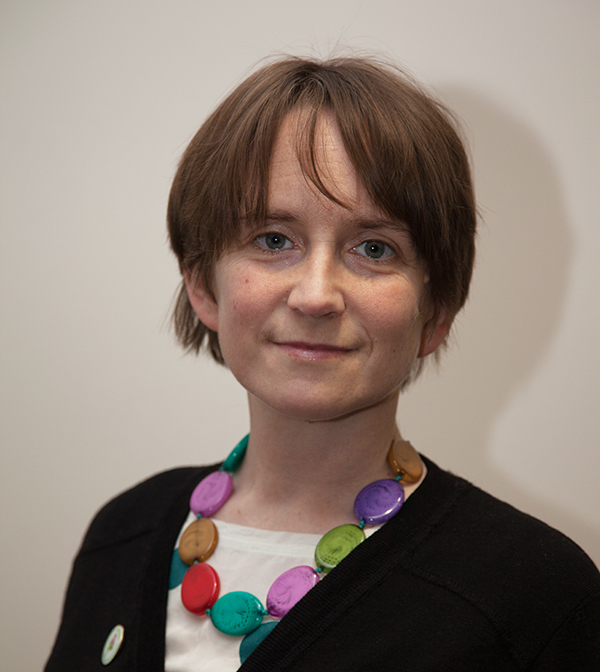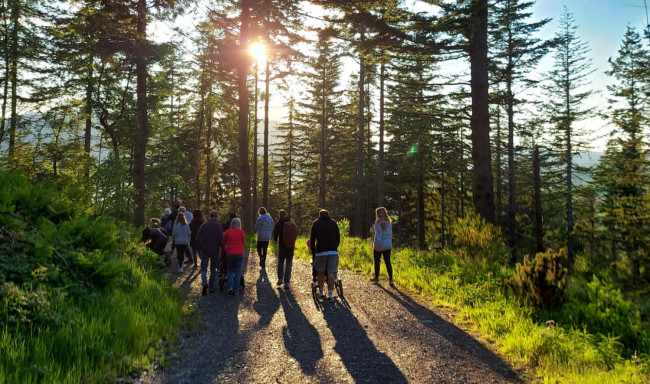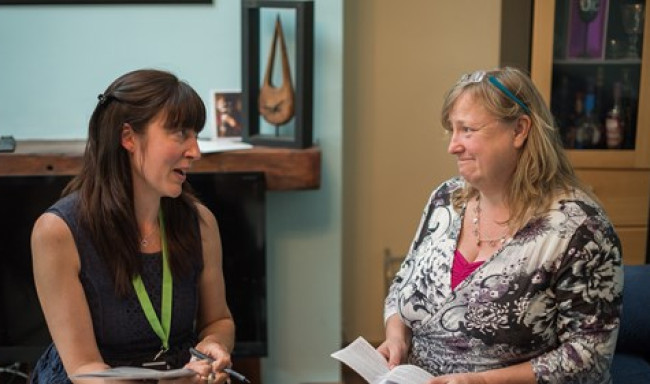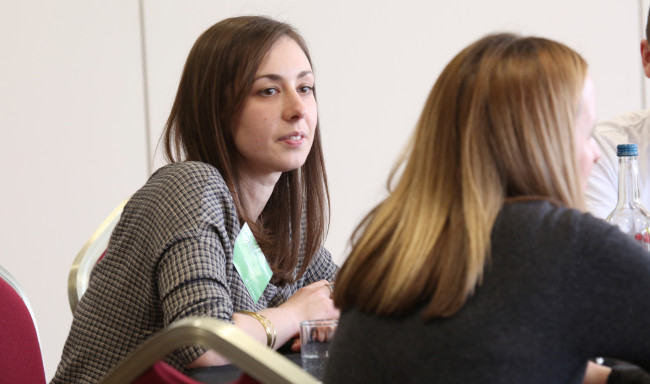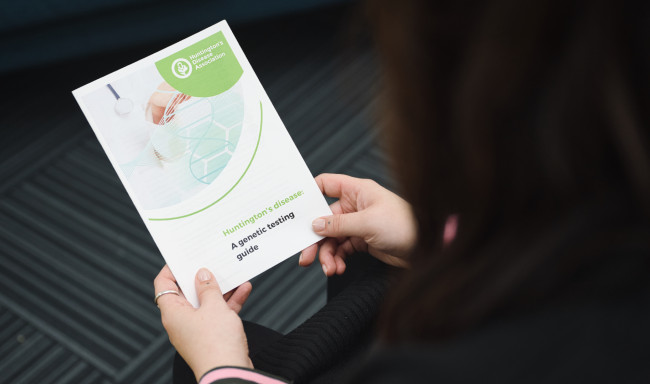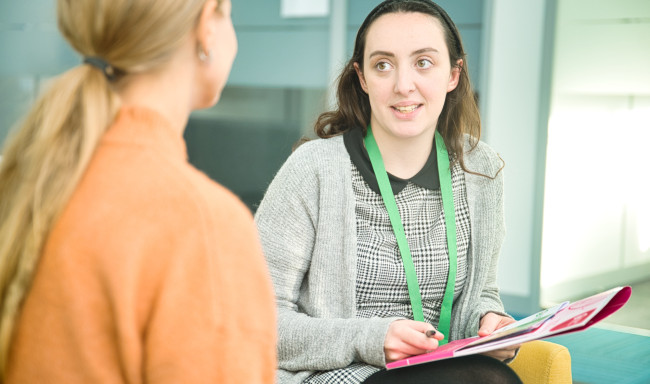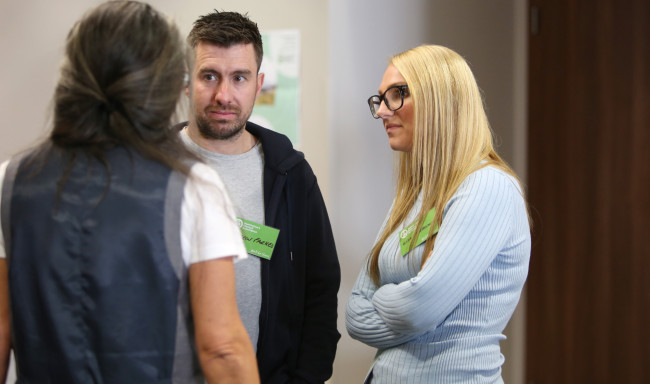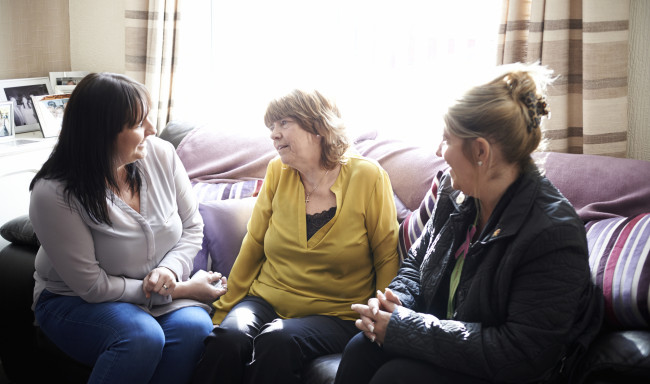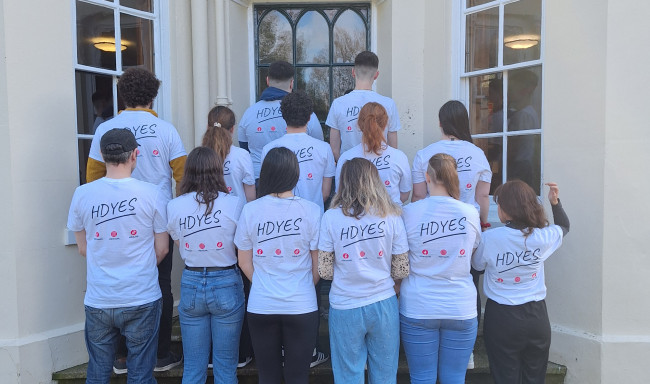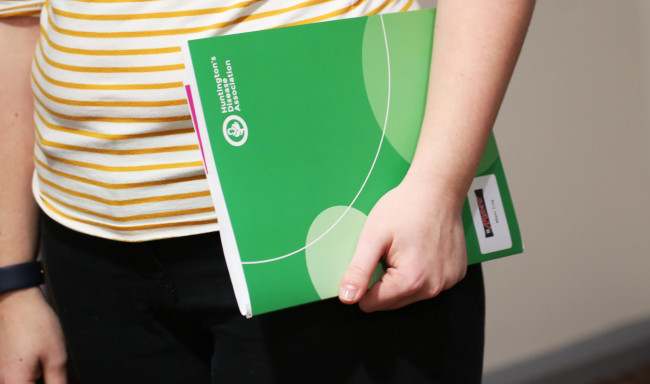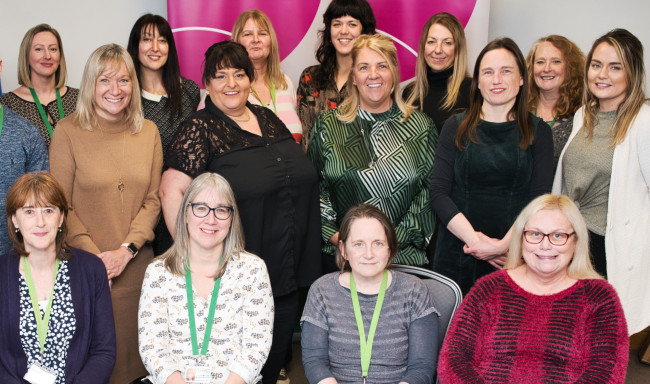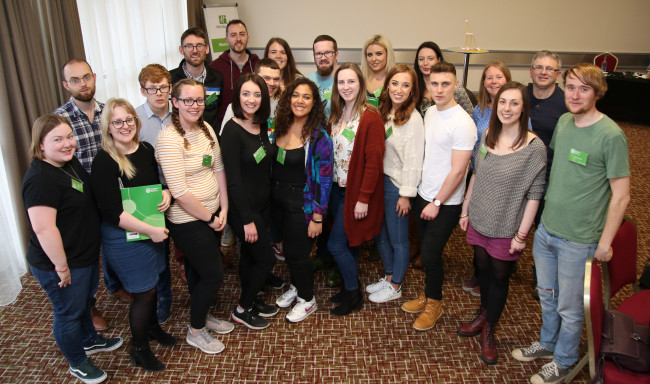Keeping active and doing things you enjoy can help you cope with the big challenges of Huntington’s, whether you have the disease yourself or you’re caring for someone who has it. It can help to combat feelings of anxiety and stress, provide opportunities to make new friends, and bring more joy and fun into your life.
Hobbies and sports
- Children and young people with Juvenile Huntington’s may find that activities such as sports, gymnastics, horse riding, dancing and music help them to feel independent and give them a sense of achievement. Contact a Family has a helpline giving information about leisure activities.
- Hydrotherapy can help to relieve certain symptoms such as stiffness, rigidity and muscular aches and pains. Your GP or physiotherapist can advise if it’s available in your area.
- Swimming is a great way to be more active if movement is becoming tricky, and can give a feeling of freedom and relaxation. It’s also good for keeping the muscles in the arms, shoulders, chest and back strong, as well as for developing stamina.
Travel
Having Juvenile Huntington’s doesn’t need to stop you from visiting places and going on holiday.
- You can get help and assistance from transport staff when travelling by train or plane. Find out what help you’re entitled to on the Transport if you’re disabled section of the government’s information website.
- The Motability Scheme can help you to lease a car if your child is aged three or over and is entitled to either the: higher rate of the mobility component of the Disability Living Allowance or the enhanced mobility component of the Personal Independence Payment.
- You may also be eligible for a Blue Badge if your child meets certain requirements. This allows you to park near to your destination, often for free. You can find some useful information about applying for a Blue Badge on the Citizens Advice website.
- Disabled people are usually entitled to free or discounted bus travel in the UK, although the offer and eligibility criteria vary slightly between UK nations. You can find out more information and apply online here: England; Scotland; Wales; Northern Ireland.
Holidays
Some organisations provide holidays and short breaks for children with disabilities, either with or without their families. Your social services department, GP or health worker can give you a list and may be able to make a referral to some of the organisations for you.
Some useful organisations:
- The Calvert Trust runs outdoor adventure activities in the countryside for disabled children and their families. The trust has three purpose-built centres with full-board or self-catering accommodation around the UK, offering a range of sports and recreational activities designed to help people fulfil their potential.
- The Holiday Homes Trust provides affordable breaks in specially adapted accommodation at popular holiday sites for families, carers or groups who have a member with a disability.
- Contact a Family gives advice and information on getting charitable grants and other financial help towards the cost of a holiday. The charity has produced a useful guide called Holidays, play and leisure (PDF, 1.03Mb).
- The Disabled Holiday Directory is an online directory of organisations and venues that cater for children and adults with disabilities, both in the UK and abroad.
- Tourism for All is a national charity that provides information on accessible holiday venues and places in the UK and abroad for disabled people, their carers and family.
- Revitalise is a national charity that specialises in short breaks throughout the year for adults and children (aged six and older) with physical disabilities, dementia or sight impairment, and their carers. The charity has holiday centres around the UK, and also offers holidays in Spain and Germany. All Revitalise centres are registered as personal care centres and most are also registered as nursing care centres. However, the charity does not have the resources to provide holidays for people who are bed-dependent, or who have uncontrolled epilepsy, learning difficulties, or mental health problems.
- The Disaway Trust is a registered charity that organises group holidays internationally and in the UK for people with physical disabilities aged 16 to 80 years and their carers.
- Holidays for All is an umbrella website for various specialist tour companies and disability charities. It lists a range of holiday providers who specialise in breaks for people with sensory and physical disabilities, their friends and carers, around the UK and abroad.

